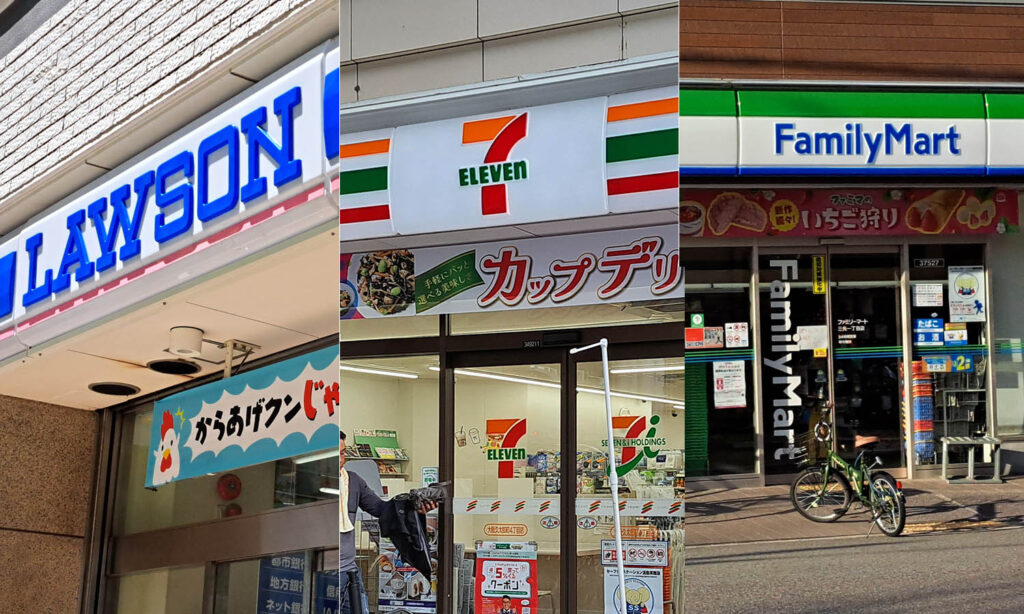Japan’s three major convenience store coffee prices have been raised across the board, with the depreciation of the yen and the surge in coffee beans as the main reasons.

TOKYO, JAPAN (MERXWIRE) – In the hot summer, iced coffee has become the go-to choice for many office workers to refresh themselves daily. However, recently, Japan’s three major convenience stores have announced an increase in coffee prices, which has attracted widespread attention. FamilyMart raised the cost of a small cup of iced coffee from 130 yen to 145 yen, Lawson also raised the price of a small cup of iced coffee from 140 yen to 160 yen, and 7-Eleven raised the price of a regular cup of coffee from 120 yen to 140 yen. The overall increase is between 11% and 16%, which can be called a “substantial increase”.
This wave of price increases is mainly due to the surge in international coffee bean prices, the continued depreciation of the yen, and the overall pressure of rising prices. According to data from the German statistics platform Statista, the prices of Arabica and Robusta coffee beans, the two main varieties of coffee grown worldwide, have almost doubled in the past two years. Arabica coffee beans rose from $4.54 per kilogram in 2023 to $8.5 in 2025; Robusta rose from $2.63 to $5.5.
Brazil and Vietnam, the world’s first and second-largest coffee bean exporters, have been affected by drought and high temperatures, respectively, resulting in a sharp decline in production. Experts point out that there are no apparent signs of recovery yet, and international coffee bean prices are approaching a 50-year high. Additionally, the demand for coffee in markets such as China continues to increase, exacerbating overall supply pressures.
In Japan, the yen continues to depreciate, further raising import costs. Not only convenience stores, but also boutique coffee chains have gradually raised prices. The “100 yen coffee” that people are familiar with in daily life seems to have become a historical picture, and it is difficult to see it again unless you encounter a refill service or promotion.
Mayumi Sato, an office worker from Tokyo, said: “I must buy a cup of iced coffee before going to work every day. Now it costs more than 140 yen, which is unbearable. I started to consider bringing my coffee or using a capsule machine.” Tanaka Shota, a college student living in Yokohama, said: “I can understand the problem of rising raw materials, but the prices of convenience stores have been rising again and again, and students are burdened.”
Not only coffee, but also the overall price of beverages will usher in a wave of price increases. ITOEN, a large beverage manufacturer, announced that it will increase the suggested retail price of up to 195 products from October 1, with the highest increase of 22.2%, including many bottled teas.
As supply chain pressures and climate anomalies persist, the market generally expects coffee prices to continue rising, and the next wave of convenience store price increases may lead to the “200 yen era”. Faced with inflation and raw material shortages, consumers must be more cautious and adjust their consumption habits to cope with future changes.






